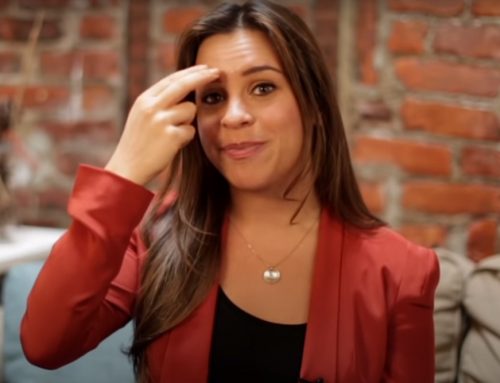By Lindsey Danisch, MSW, RSW
The start of the school year can be both exciting and scary. For some, it’s a fresh start! For others, it’s the return of challenges and struggles. For most, it’s both. Being a former Special Education teacher, I support many parents in my private practice as they navigate the ins and outs of school support. From in-class support, to assessment and understanding the alphabet soup of Special Education: ILP, IEP, SST, ASD, ODD, LD, etc, I provide a safe place for parents explore their rights and options.
Some school support requires an official diagnosis of a student (Attentive Deficit Hyperactive Disorder (ADHD), Learning Disbility (LD), General Anxiety Disorder (GAD). Other programs just require parent consent and teacher referral. It’s hard to know where to start! I’ve spoken to many parents who feel frustrated and unheard as they’ve tried to advocate for their child within the system. They feel their child may need more individual attention, more visuals, more time to complete tests, need less homework or need more supervision. Where should you start?
Below are some guidelines to help parents advocate for their child within the school system:
Put on your air mask first before helping your child put on theirs.
You’ve heard about this advice on the airplane before take off. If you don’t have support for yourself, it can be even harder to help your child. See if there are any parent support groups or other parents who have children with similar issues or concerns. Perhaps your child has spoken to you about a peer dealing with the same issues. Speaking with other adults who have already done the challenging work of gaining support for their child can bring understanding and relief. The good news is that you are not alone in the search for more support. There are professional school advocates for hire if you have a more complicated situation. You can also book an appointment with the school Social Worker or Counsellor to discuss next steps.
Do your research.
Not all schools have the same supports. Public, private, alternative, and section 23 programs provide different menus of support. You might be able to tell from the school website whether there is a special education teacher/program, gifted program, tutoring, counsellors, etc. The TDSB has Special Education information on the Ontario Ministry of Education website. The more educated you are about options, the more likely you are to see results for implementation.
Always attend Parent-Teacher conferences.
If you notice your child falling behind, increasing feelings of anxiety, or needing additional help, it’s best to communicate with the front-line staff, their teacher! Use this time to ASK questions about literacy support, mental health programming, tutor lists, the referral process for seeing the Social Worker, and preventative in-class support. You may be noticing behaviours of struggles at home that are not apparent at school. Bring this to the attention of their classroom teacher. Allow that opportunity for conversation and understanding.
Remain calm but firm.
Unfortunately, in most cases, the squeaky week does get the oil when it comes to extra support. School resources and budgets are limited, and if your child’s needs fall out of the line of vision, they may fall through the cracks. Stay on top of meetings and appointments. BUT it will not help your case to approach the system with anger. This will usually leave the people helping you (and more importantly, your child!)to feel resistant or resentful. You want people to feel open and wiling to listen to you and wanting to find common solutions.
Tell your healthcare provider.
Let your family doctor/your healthcare provider know about your concerns. It’s important to rule out any physical issues that might be impacting your little one’s learning or mental health. It’s also good to have a paper trail of your concerns. Doctors are often the gateway to additional referrals, related to mental health. Start the conversation early. Also, check your benefits. If you have private benefits, Registered Social Workers or Psychotherapy may be covered.
Want to know more? Book a free consultation.
Book a free consultation for yourself or child to see if I can be helpful to you or your family. Call 416-760-9494 to book. You can also read more about my style or services at www.realtherapy.ca






